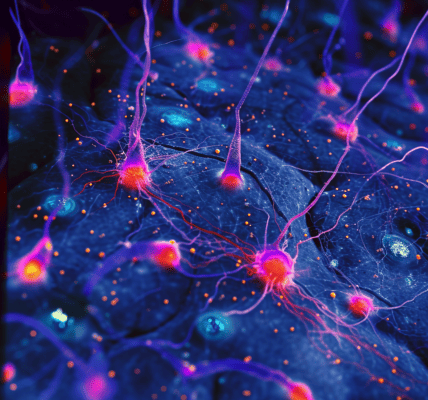Coffee has long been a staple morning drink for millions of people worldwide, and according to experts, it may just be a ‘miracle’ beverage with numerous health benefits. Researchers suggest that the advantages of coffee consumption far outweigh any potential risks, likening it to the popular Mediterranean diet which emphasizes plant-based foods and limits red meat and fat intake.
Stephen Safe, a distinguished professor of biochemistry and biophysics at Texas A&M University in College Station, compared the benefits of coffee to those of the Mediterranean diet, highlighting the similarities between the two. He described coffee as a ‘mini-Mediterranean diet,’ emphasizing its plant-based nature.
In a comprehensive review of various studies on coffee, Safe and his team discovered that regular coffee consumption can potentially reduce the risk of certain cancers, Type 2 diabetes, Parkinson’s disease, and dementia. Additionally, coffee drinkers may even enjoy a longer lifespan, according to the research findings.
Safe, a strong advocate for coffee, revealed that he personally indulges in ‘five or six double espressos’ daily, further emphasizing his belief in the beverage’s health benefits. He equated coffee to a ‘miracle’ drink, akin to the status of aspirin as a wonder drug.
Contrary to common misconceptions, the majority of research supports the positive effects of coffee consumption on health. Studies have shown that regular coffee intake can lower the risk of Type 2 diabetes by 22% and significantly reduce the likelihood of developing liver, colon, breast, and thyroid cancers among those who consume more than 60 cups per month.
While further research is necessary to understand the mechanisms behind these benefits, experts note that coffee shares many chemical components with the Mediterranean diet, which is also known for its cancer-fighting properties. Beyond cancer prevention, coffee drinkers have been found to have up to a 30% lower risk of developing Parkinson’s disease compared to non-coffee drinkers.





